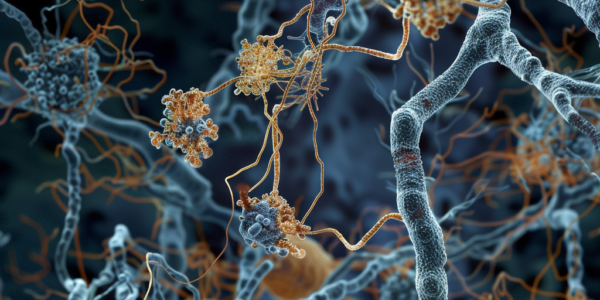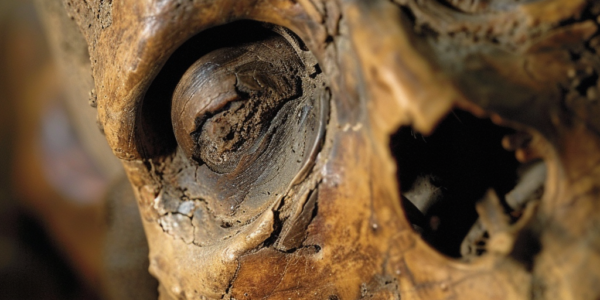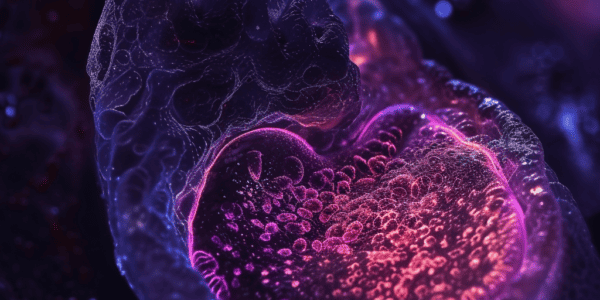Investing in Alzheimer’s Research for Adults with Down Syndrome: A Path to Better Health and Care
A recent RAND Corporation report emphasizes the urgent need for increased investment in Alzheimer’s research for adults with Down syndrome. With the likelihood of developing Alzheimer’s being six times higher in this demographic, targeted healthcare strategies are essential. The study highlights the potential for improved health outcomes and financial savings through innovative treatments, making a compelling case for prioritizing research in this area.
Neanderthals Showed Care for Individuals with Disabilities, Study Finds
Recent archaeological discovery in Spain reveals Neanderthals cared for individuals with disabilities, challenging stereotypes. Study led by paleoanthropologist Mercedes Conde-Valverde highlights intensive care provided to Neanderthal child with Down syndrome. Fossilized ear bone found in Valencia cave sheds light on communal support within Neanderthal groups over 146,000 years ago.
Study Reveals Similarities in Protein Structures Between Alzheimer’s Disease and Down Syndrome
A recent study published in Nature Structural and Molecular Biology has utilized advanced cryo-electron microscopy imaging technology to investigate the similarities in protein structures between Alzheimer’s disease and Down syndrome. Lead investigator Ruben Vidal, Ph.D., highlighted the presence of amyloid β (Aβ) and abnormal accumulation of tau protein in individuals with both Down syndrome and Alzheimer’s disease. The study aimed to determine whether differences exist in the protein structures of Aβ and tau filaments between individuals with only Alzheimer’s disease and those with both Down syndrome and Alzheimer’s disease. The research team conducted a comparative analysis of high-resolution images of Aβ and tau filaments in individuals with Down syndrome and Alzheimer’s disease, and those with only Alzheimer’s disease. Vidal emphasized the potential implications of their findings, suggesting that the study may pave the way for improved treatments for both Alzheimer’s disease patients and individuals with Down syndrome. This study sheds light on the common mechanisms at play in individuals with sporadic Alzheimer’s disease and those with both Down syndrome and Alzheimer’s disease.
Ancient DNA Study Reveals Down Syndrome and Edwards Syndrome in Infants
Groundbreaking study reveals the presence of Down syndrome and Edwards syndrome in ancient DNA, shedding light on the treatment of individuals with genetic conditions in premodern societies. Lead author emphasizes the level of acknowledgment and inclusion within their communities. Diagnosing Down syndrome in ancient remains poses challenges due to the variability of the condition. These findings offer valuable insights into the historical care and treatment of individuals with genetic conditions.
Study Identifies Potential Genetic Culprit Behind Down Syndrome-Associated Heart Defects
Researchers have made a significant breakthrough in understanding the link between Down syndrome and congenital heart defects. A recent study published in Science Translational Medicine has identified a potential genetic culprit behind the cardiac pathology associated with Down syndrome. The…





